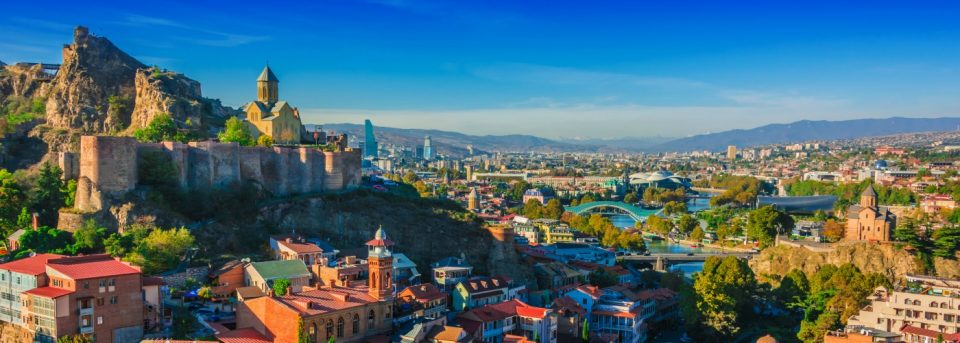
By Khatuna Chapichadze
Associate Professor of Political Science – Georgian Technical University, Tbilisi
TBILISI: Calendrical local elections were held on October 4, 2025 in Georgia, – with the ruling Georgian Dream party (GDP) securing an overwhelming victory in both the proportional and mayoral races across all 64 municipalities of the country, according to the official results provided by the Central Election Commission.
The elections extraordinarily saw a low turnout of about 41%, which took place amid a repressive political and legal environment. Part of the mainstream opposition boycotted the vote, refusing to participate in it, along with their electorate, while credible observation from the local and international organizations was unprecedentedly limited.
The Georgian authorities declined to invite international monitors in due time, in particular OSCE/ODIHR. Rather confusing for many, – the election day also saw a large rally in the capital Tbilisi, which gathered tens of thousands from the country regions as well, and later escalated when a group of protesters tried to storm the presidential palace at the organizers’ call.
Riot police dispersed the crowd after clashes, and authorities consequently arrested the organizers on coup-related charges. Most other detainees have been charged with participating in group violence and/or attempting to seize a strategic facility. According to the Health Ministry, several protesters and more police officers were hospitalized during the tensions, including one officer in a serious condition.
As GDP remains largely isolated from Georgia’s traditional partners, the international reactions to the October events, addressing first of all, – the October 4 vote, have been predominantly extremely critical, pointing to the “drastically reduced… possibility of having competitive elections…” due to the “months of raids on independent media, the passing of laws targeting civil society, the jailing of opponents and activists or amendments to the electoral code favouring the ruling party,” – as Kaja Kallas, Vice-President of the European Commission, and Marta Kos, European Commissioner for Enlargement, assessed the situation.
They also referred to the factual absence of the international and domestic monitoring of the elections, and urged calm and restraint in the post-election period, calling on the authorities to uphold citizens’ rights to freedom of assembly and expression, and every side to refrain from violence. Similar statements have been issued by OSCE/ODIHR, CoE Congress, and many more.
At the same time, the GDP officials have claimed that the election-day unrest on October 4 was a foreign-orchestrated coup attempt. Georgian Dream’s PM Irakli Kobakhidze accused the West, including the EU, of failing to condemn the election-day unrest, saying that by not doing so, they “indirectly yet clearly” backed “overthrow and violence.”
In parallel, Georgian Security Services have pointed to a wider plot of armed uprising by claiming they discovered a large cache of weapons and ammunition intended for use on October 4, noting the plot was thwarted. The agency said the weapons were linked to a “military unit active in Ukraine.” The report followed earlier, pre-election claims by authorities made in September that they seized explosive substances from two Ukrainian citizens, linking it with the local elections.




